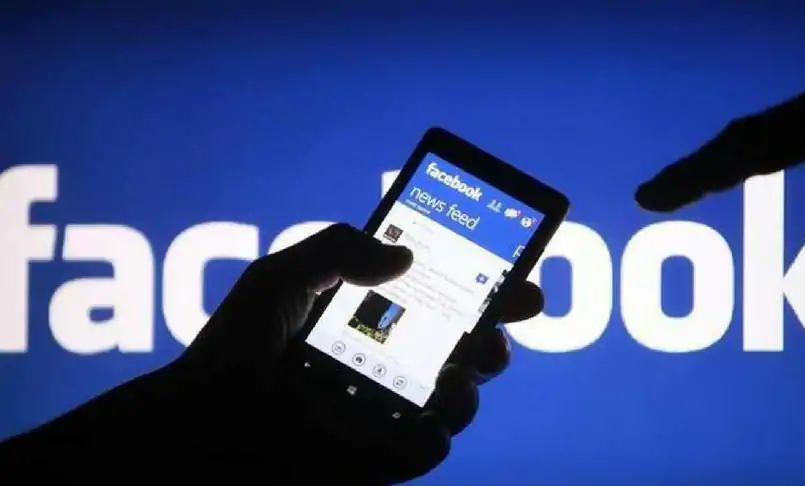Electronics
Would you shun social media big Fb if given lifetime information safety?

Would you surrender your digital life if all of your private data – passwords, posts, photos, movies, jokes, memes, GIFs and so on – stay non-public for the remainder of your life or given again to you, with no duplicate information saved within the Darkish Net?
For 4 in 10 folks (38 per cent), it is a steal deal as customers’ private data is turning into extremely worthwhile to them, says a modern report from international cybersecurity agency Kaspersky. Social media providers like Fb, Instagram or Twitter have change into a major a part of our lives and based on Kaspersky’s report, 82 per cent of individuals now use them globally.
A number of years in the past, folks shared their non-public data with social media providers in trade for varied advantages, with out even serious about the potential threats and their penalties. “With a rising variety of information leaks all over the world, we’re seeing a brand new development amongst customers. Many desire to not have sure details about themselves revealed in public and are paying extra consideration to the knowledge they share with on-line providers,” says Marina Titova, Head of Client Product Advertising and marketing at Kaspersky.
Nonetheless, the bulk nonetheless don’t know learn how to shield their digital privateness and would surrender social media to ensure their data stays safe. The reality is: Your information is up for grabs in every single place – be it tech firms, advertisers or entrepreneurs.
After going through flak for utilizing unethical and discreet methods of amassing user-information, Fb has now determined to pay Android customers in India and the US simply to observe how they use their telephones. The social networking big has launched a brand new app referred to as Research which is obtainable for obtain on Google’s Play Retailer for Android customers aged 18 and above.
The app wouldn’t solely monitor put in apps on an individual’s telephone but in addition observe the period of time spent on these apps together with particulars just like the customers’ location and extra app information which may reveal different particular options getting used.
Earlier this yr, it was revealed that Fb was secretly paying customers aged 13 to 35 as much as $20 per 30 days, plus referral charges, to put in a “Fb Analysis” Digital Non-public Community (VPN) that was letting the corporate entry person’s information.
Based on Kaspersky’s report titled, “The true worth of digital privateness: are customers promoting themselves quick?”, fears surrounding defending digital privateness have made customers extra anxious in regards to the use and distribution of their private data on the Web.
Nonetheless, regardless of these varied advantages, some would nonetheless decide out of social media if it helped to revive their digital privateness eternally. One in 10 (12 per cent) individuals who give away their private data to register for enjoyable quizzes, akin to what movie star they seem like or what their favorite meal is, wouldn’t have the opportunity to take action anymore.
It might be much more problematic, although, for 58 per cent individuals who would now not be capable to use their social login particulars to rapidly and conveniently authorize themselves on completely different web sites or providers. Maybe much more surprisingly, at a time when the variety of cell phone customers is rising 2 per cent year-on-year, one-in-five (19 per cent) can be able to wave goodbye to their handsets altogether to ensure their information stays non-public for the remainder of their life.
Sadly, even sacrificing your whole social media presence wouldn’t be enough to guard digital privateness an it’s a course of, not a one-time deal that may be bargained for. “Preserving private data secure – by repeatedly updating social media account passwords and utilizing safety options – will give customers extra confidence within the safety of their information on-line,” stated Titova.

